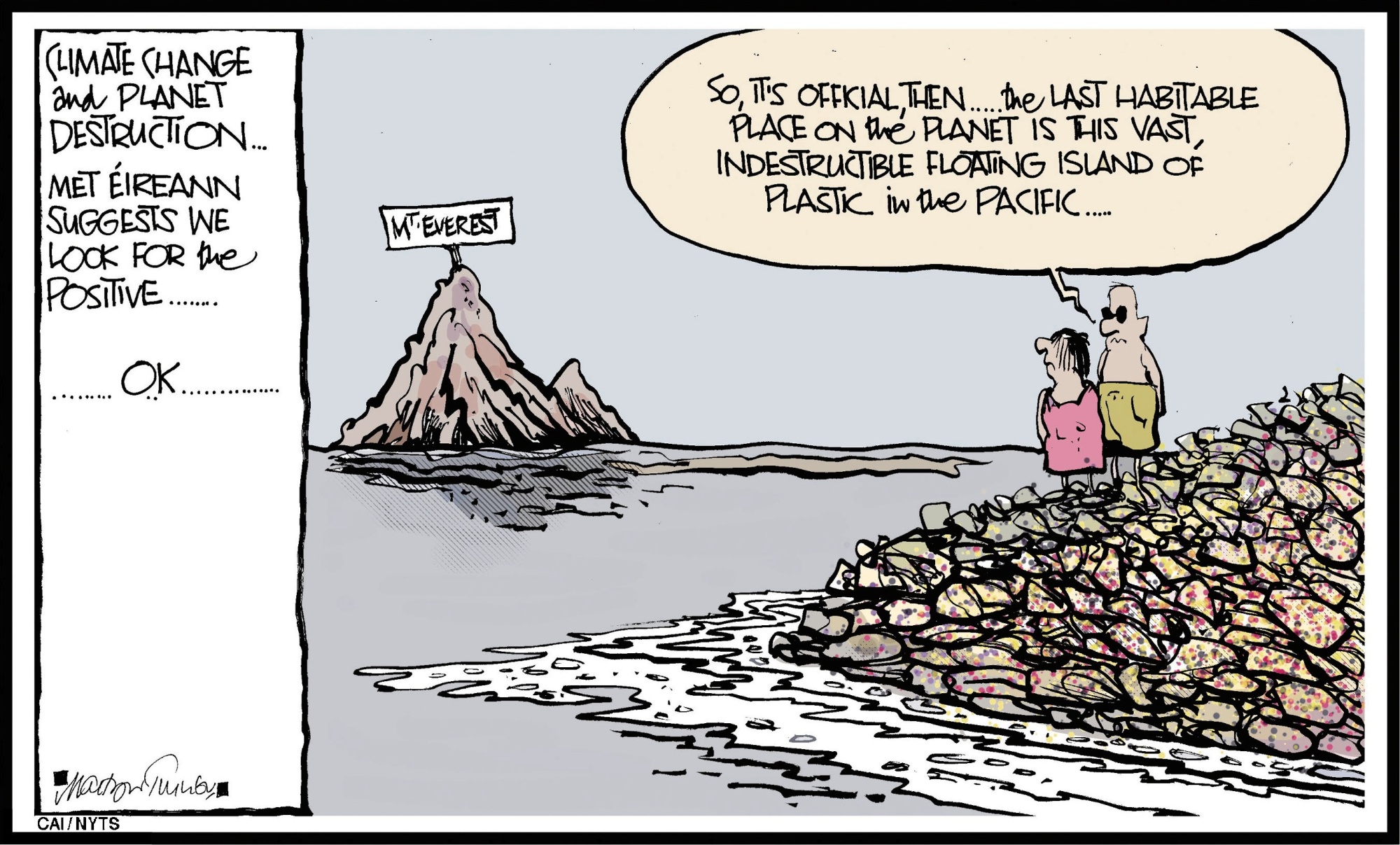We have long known that the accumulation of plastic in the world's landfills and oceans represents a growing environmental risk. More recently, we have come to understand that plastic poses an urgent — even deadly — threat to public health, too. And yet, global efforts to address the plastic crisis remain consistently focused on the wrong end of the life cycle: waste management.
The debate that will resume this month at the United Nations Environment Assembly (UNEA-4) is a case in point, because it will focus on "marine litter and microplastics." These are important issues, but they constitute just one small part of a much larger problem.
To be sure, plastic has played an essential role in global economic growth for decades. Its seemingly countless applications include life-saving medical devices, clothes, toys, various industrial and agricultural uses, and so on. Some have even touted plastic as part of the solution to climate change, arguing incorrectly that it has a smaller carbon footprint than other materials. In fact, plastic releases significant greenhouse gases like methane and ethylene as it decomposes in the land and marine environments.


















With your current subscription plan you can comment on stories. However, before writing your first comment, please create a display name in the Profile section of your subscriber account page.